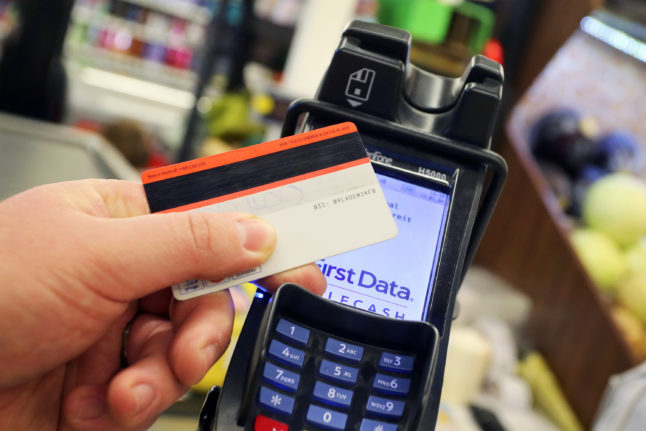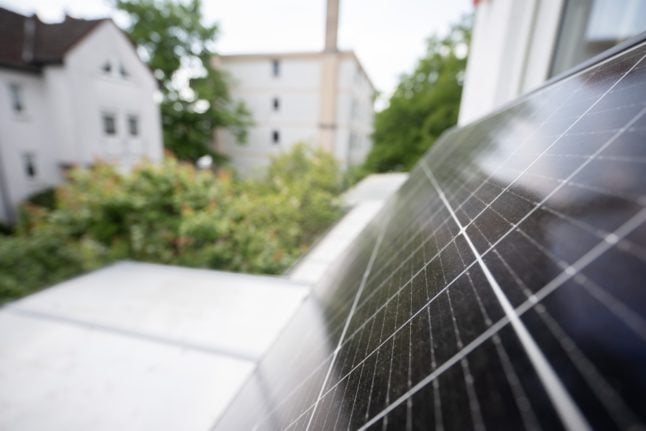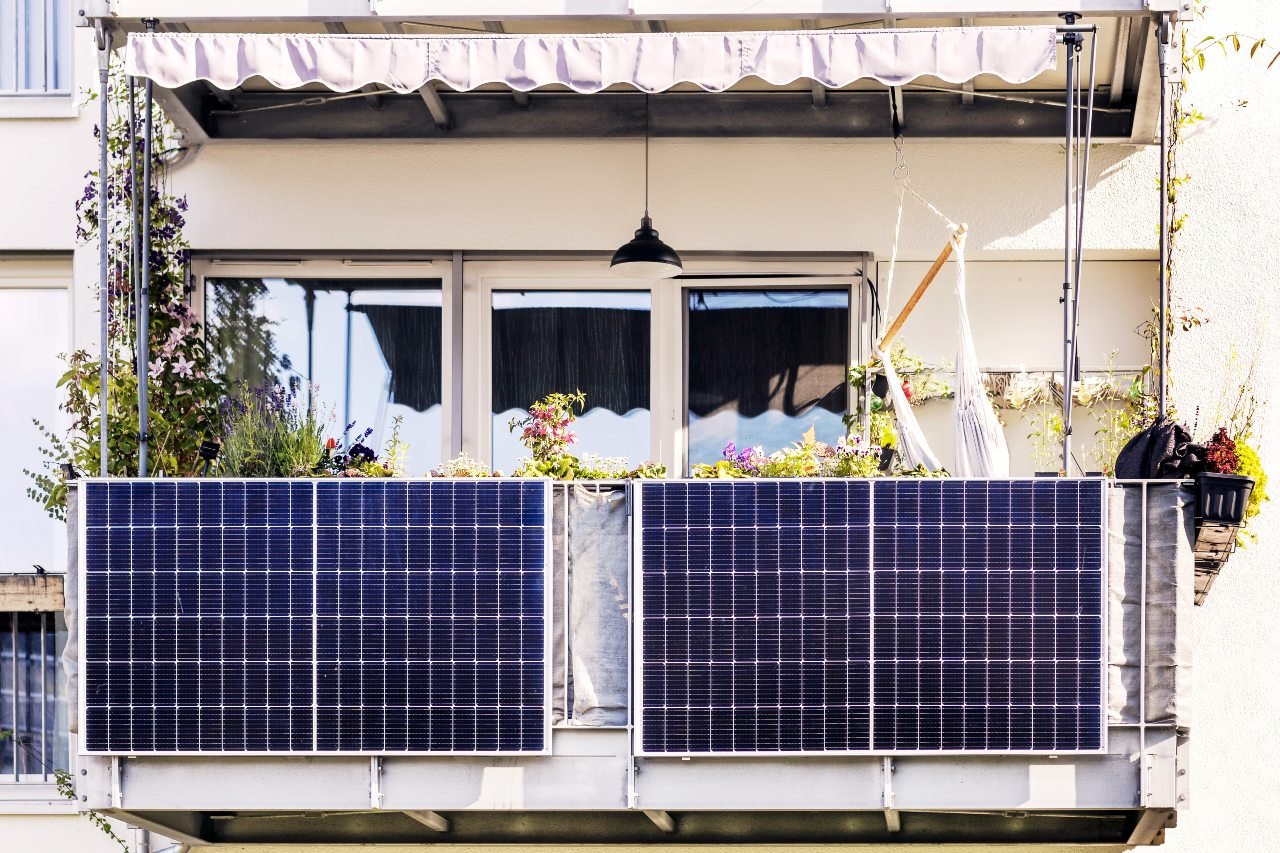Since Tuesday, numerous retailers in Germany have been operating under a cash-only policy after a major brand of card payments terminal stopped processing payments.
The problem was initially announced by the Konsum retail chain in Dresden, who wrote on Facebook on Tuesday morning: “Attention, an important notice for you! Due to a Germany-wide malfunction, card payments are currently not possible in our stores.”
According to the latest information from Focus Online, several branches of Netto, Edeka and a handful of Rewe branches are affected by the issues. There have also been reports of problems at Aldi Nord, Rossmann and DM as well as some smaller, independent retailers and petrol stations.
People who have tried to pay by credit card, debit card or EC card at these places have reportedly been turned away.
What’s going on?
The problems with card payments seem to be linked to a commonly used card payments terminal from US company Verifone. According to reports, H5000 card machines at multiple retailers and businesses experienced a software malfunction that stopped them processing payments.
“As things stand, it will be necessary to install new software updates on all H5000 terminals, which the manufacturer will provide as soon as possible,” the payment service provider Payone said.
Piggybacking on one of today's stories: def have cash on hand if you are out shopping today xxBB pic.twitter.com/nj7QPnpTMh
— Berlin Briefing (@BerlinBriefing) May 27, 2022
“The disruptions are ongoing,” a spokesperson for financial services provider Concardis said on Thursday afternoon. “We’re still waiting for updates from Verifone.”
As of Friday morning, there was no indication of when the problems would be solved, but the card payments processor appeared to be working on a solution.
“We will soon provide a software update for our customers to fix the problem and will inform our customers as soon as it is available,” a Verifone spokesperson said.
READ ALSO: How Germany’s EC card is set to go digital
How widespread is the problem?
According to Verifone, thousands of card machines at different retailers, petrol stations and banks across the country are affected. The H5000 terminal is mainly used in Germany, they added.
However, the Association of German Banks clarified that, though the H5000 terminals were completely out of action, this specific model only accounts for a small proportion of all card machines in Germany.
“Network operators and technical service providers are working intensively on troubleshooting,” it continued.
Payments processing service Payone confirmed that it was facing issues with the specific H5000 card machine and said that the issues were happening throughout the country.
“Like other network operators, we are currently experiencing considerable restrictions in the processing of transactions with card payment terminals of the type H5000 from the manufacturer Verifone throughout Germany,” Payone said on Wednesday.
Financial service provider Concardis warned businesses not to try and fix the problem themselves by rebooting the devices since the card machines needed to be connected to the network in order for the problem to be solved by the manufacturer.
He said Payone and Concardis were in contact with Verifone and were working to fix the problem.
What should customers do?
Since card payments may not be possible, it’s a good idea for people to make sure they have cash on them when they go to the supermarket or petrol station in the near future.
ATMs are apparently unaffected by the problems, so people should still be able to get access to cash.
Customers are also being advised to clarify in advance at the checkout whether card payments are possible or not – preferably before picking out items.
If card payments aren’t possible, supermarkets and other shops are likely to put up signs at entrances or near the tills, so customers should keep an eye out for those. Petrol stations generally put stickers and signs directly on the pumps when equipment is out of order.
If customers get caught out with no cash at a retailer where no card payments can be processed, they will generally have to leave the items behind – though some cashiers will be willing to hold the items for when the customers return.
Things can get trickier at petrol stations, where identity cards, driving licences and health insurance cards can be retained in the event that somebody fills up their tank and is unable to pay straight away.
In some cases, the police can even be called.
READ ALSO: What to know about starting your personal banking in Germany




 Please whitelist us to continue reading.
Please whitelist us to continue reading.
Why would a cashless society not be a good idea? Oh, I dont know.